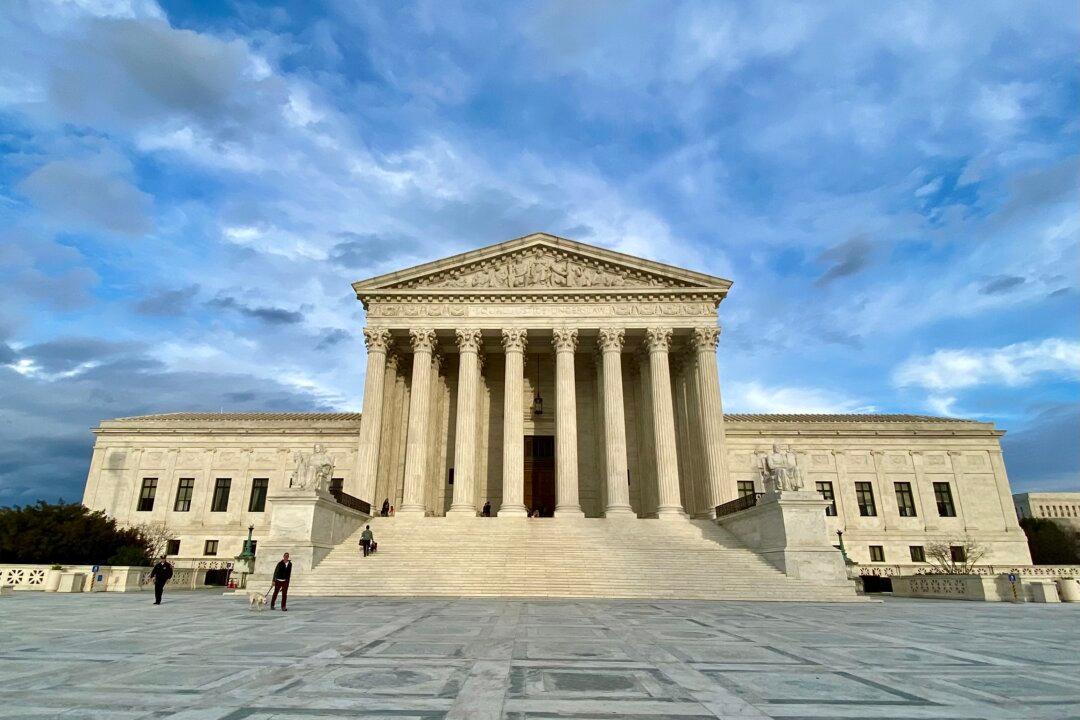Texas Attorney General Ken Paxton has joined an amicus brief requesting that the U.S. Supreme Court hear a case that could restrict the actions of the unelected Consumer Financial Protection Bureau (CFPB).
Paxton is urging the action because of concerns that the bureau is not adequately governed by the people, as the CFPB is both unelected and funded outside the approval of Congress.





